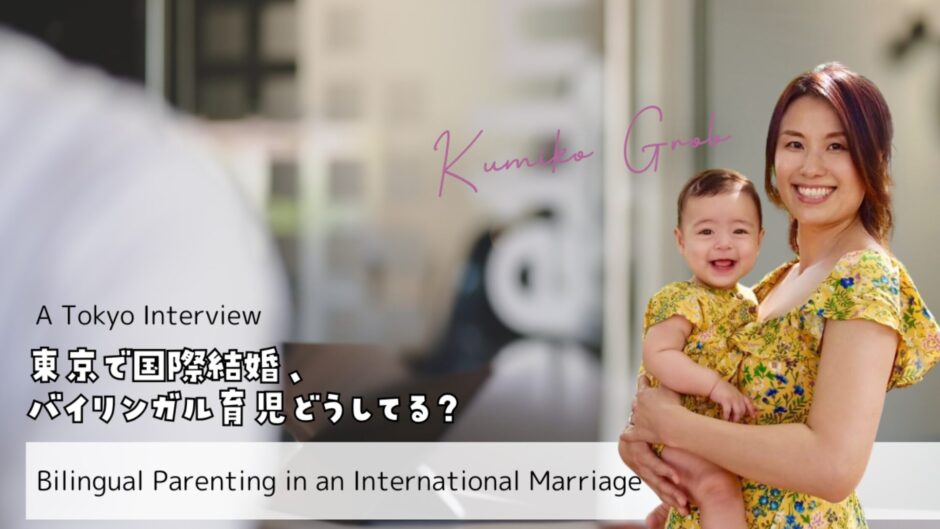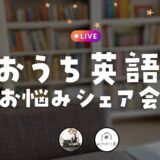
Welcome to Ouchieigoen Blog!
This is Megumi Tuji.
当記事は、東京に暮らす国際結婚カップルに向けて書いています。
国際結婚日本人ママであるグローブ久美子さんへの日本語インタビューをもとに、
AIを使って英語バージョンでお届けします。
・東京で子供をバイリンガルにするには?
・学校はどんな選択肢がある?
・おうち英語もあり??
・日本語はどうなる?
そんなお話をしています。
In today’s interview, we’re excited to introduce Kumiko Grob, an experienced instructor at the Reading Aloud Association (Ondoku Kyokai) and an advocate of Ouchi Eigo.
Bilingual Parenting in an International Marriage
Living in Setagaya, Tokyo, with her American husband and daughter, Kumiko’s perspective on bilingual parenting is rooted in her international marriage and her deep understanding of both Japanese and English language education.
As part of her community work, Kumiko regularly volunteers to host English storytime sessions at local childcare support facilities and provides Ouchi-Eigo guidance to families with children aged 0 to 3. In this interview, we’ll delve into her personal experiences with Ouchi Eigo, and explore the challenges and joys of raising a bilingual child.
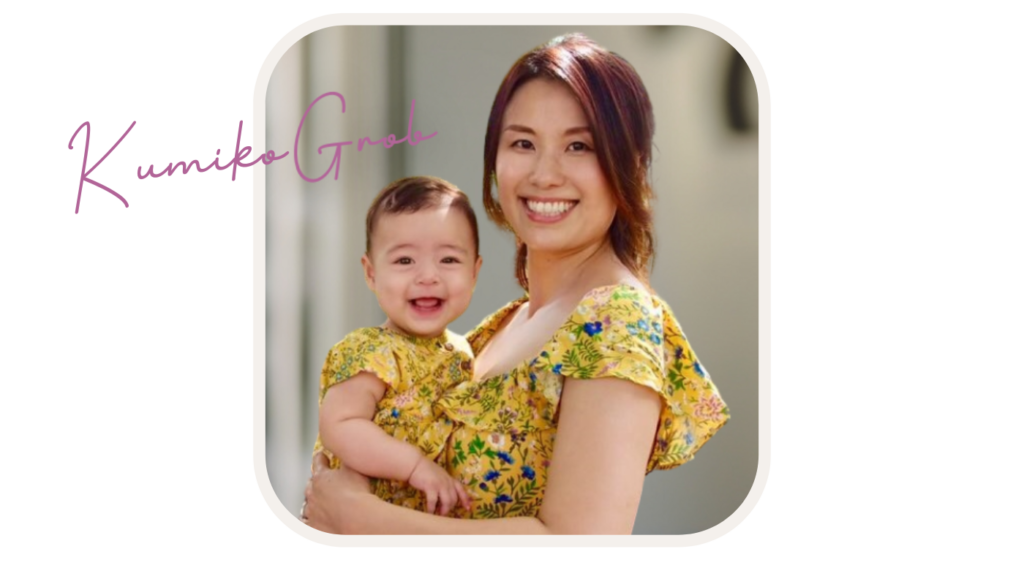
The term is Japanese, combining “Ouchi” (meaning “home”) and “Eigo” (meaning “English”).
It’s a concept where parents integrate English into their everyday life with their children, aiming to build their English skills through informal learning methods like having storytime in English, watching English media, and engaging in English conversations while also nurturing their Japanese language skills.
In Japan, Ouchi Eigo has gained popularity among parents who want to help their children become bilingual, even if they aren’t living in an English-speaking country or attending international schools. It is a flexible and family-driven approach that can be adapted to suit each household’s needs and abilities.
You can listen to the Japanese version of the interview above. (Enjoy the English version with this blog transcription.)
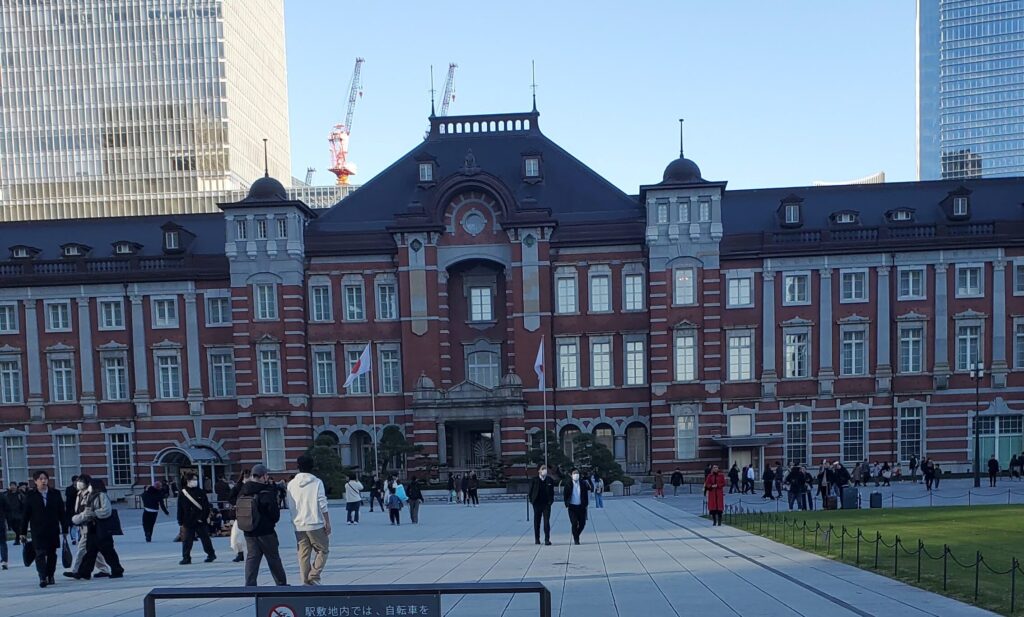
Is it easy for international couples to raise a bilingual child in English and Japanese?
Megumi: Your husband is a native English speaker, being American. I imagine many people think that with a native English-speaking father, it must be easy for your child to become fluent in both English and Japanese. What are your thoughts on that?
Kumiko: That’s exactly what people tend to think. They assume, “Oh, if the dad’s American, the child must automatically speak English.”
But in reality, that’s not the case. There are many different types of international marriages, and factors like whether the non-Japanese parent speaks Japanese or not, and which parent is primarily responsible for child-rearing, play a big role. Just because one parent is a native English speaker doesn’t mean the child will naturally and effortlessly become bilingual, especially beyond the ages of 3 to 5.
Megumi: I see. So, the language of the parent who is more involved in raising the child tends to become the dominant language?
Kumiko: Yes, I believe so. Babies spend the most time with the person who takes care of them, so they naturally learn the language of that person first.
Megumi: In your case, were you the one mainly taking care of your daughter?
Kumiko: Yes, especially when she was a baby. I took maternity leave, so I was with her all day at home. My husband worked late into the night, so it was almost like I was raising her on my own during the weekdays. He was only around on weekends.
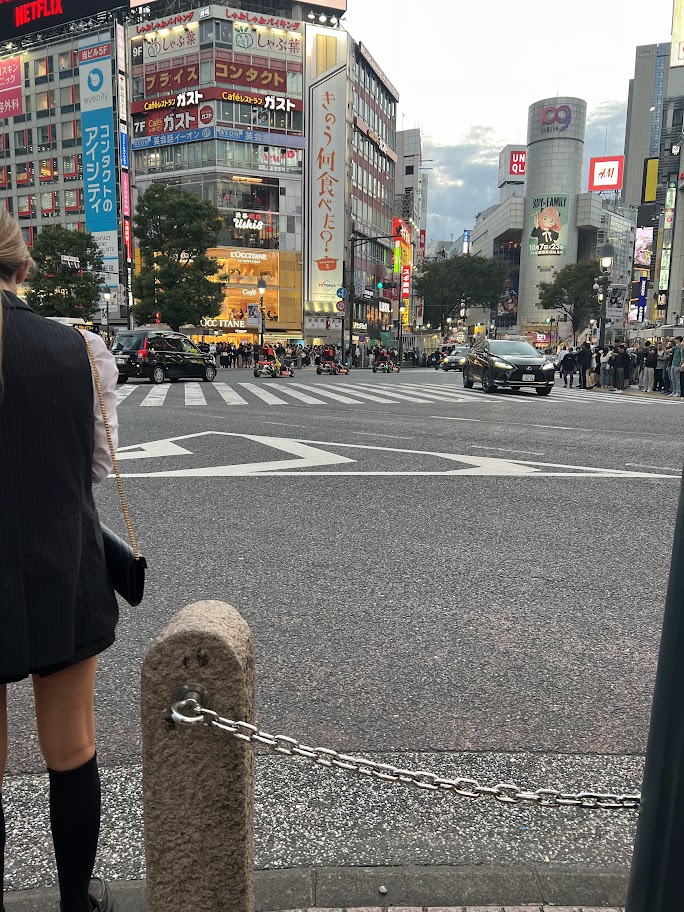
What language do you mainly use at home?
Megumi: What language do you mainly use at home?
Kumiko: We get asked that a lot as an international couple—“What language do you speak at home?” But we don’t really have a set language. My husband sometimes speaks in English, and sometimes in Japanese since he’s quite fluent in it. I speak both as well. So, we don’t strictly stick to one language at home.
Megumi Tsuji: From when your daughter was a baby, did you incorporate both English and Japanese into her environment? Or did the language change over time depending on your family’s approach?
Kumiko: Our approach has been pretty flexible. We haven’t fully settled on a fixed style for our Ouchi Eigo yet. When my daughter was a newborn, I was really anxious. I felt like, being in an international marriage, I had to make sure she became bilingual. So, there was a period when I was just constantly speaking to her in English.
Megumi: You’re quite fluent in English yourself, right?
Kumiko: I can manage day-to-day conversations without any problems. I grew up in Japan but went to university in the U.S. I actually attended a language school when I was 29. So, I completed all my schooling in Japan and am what you’d call a Japanese mom who’s fairly proficient in English.
Megumi: So, you were speaking English to your daughter from the time she was a baby?
Kumiko: Yes. But it wasn’t something I did because I particularly wanted to—it was more out of that pressure, that feeling of “I must make her bilingual.” But by the time she was around 18 months, she started speaking some English, and I felt a bit relieved, thinking, “Maybe she’ll become bilingual after all.” But then I started worrying again—she’ll need to speak Japanese too, right? Is this really okay? Around the same time, my husband’s Japanese was improving, and we found ourselves speaking more Japanese at home, so we hit a bit of a confusing phase.
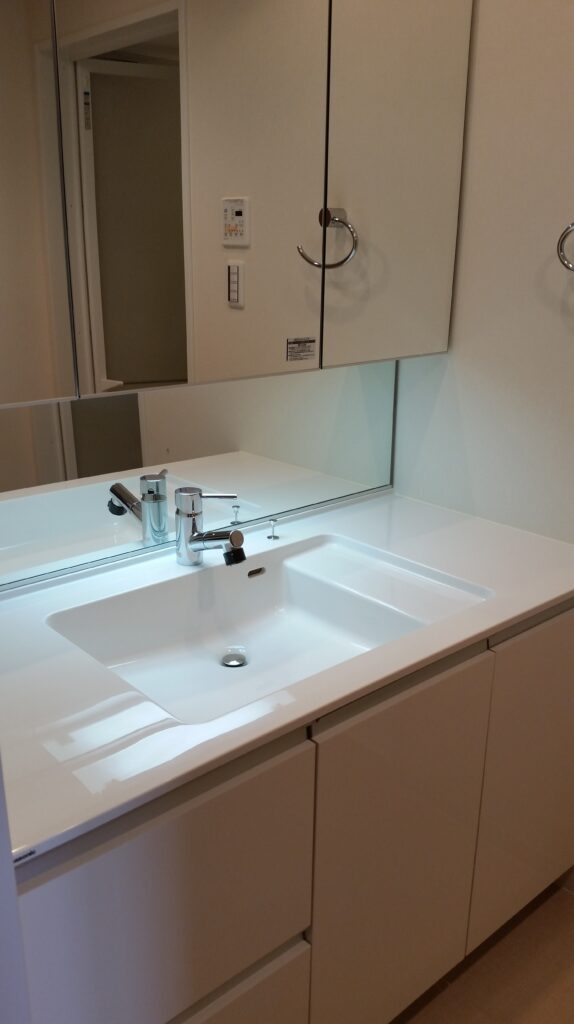
Daycare to Elementary
Megumi: When your daughter started going to daycare, did that shift things even more?
Kumiko: Yes, she started going to daycare at 18 months. It was a regular, government-approved daycare center in Japan. Until then, I had mostly spoken English to her, but once she entered a fully Japanese-speaking environment, things naturally started shifting more toward Japanese. That’s when I realized how important balance is.
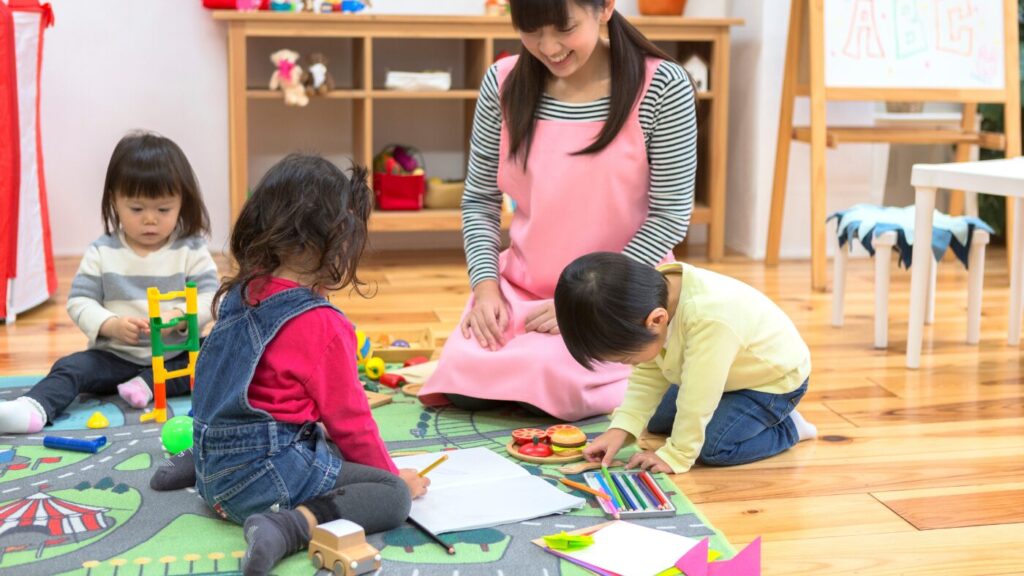
Megumi: Was there a period where you blamed your daughter’s Japanese proficiency for any communication difficulties?
Kumiko: Yes, especially around the age of two, there were instances where she struggled to communicate with her peers. I remember feeling like her Japanese might be the reason for some of those difficulties, and it made me reconsider how much focus I was putting on English. We shifted more toward Japanese after that.
Megumi: So, now her mother tongue is Japanese, and you plan for her to attend Japanese elementary school?
Kumiko: Yes. When she was a baby, I didn’t think that far ahead and just wanted to keep both options open. But now, as the likelihood of us staying in Japan increases, we’ve decided that she’ll receive her education in Japan.
What kind of educational options do you have in Tokyo?
Megumi: When it comes to raising a bilingual child in Tokyo, what kind of educational options do you have?
I imagine the situation is quite different in Tokyo compared to other regions, but focusing specifically on urban areas in Tokyo, what kinds of childcare options are available?
Kumiko: In Tokyo, especially in central areas like Setagaya, there are many options. Aside from regular public and private kindergartens, there are also international schools and companies that offer English-language childcare.
Megumi: I imagine international schools are generally thought of as being for children of expats, but there are also options for Japanese families that want to raise their children in an English-speaking environment, right?
Kumiko: Yes, absolutely. There are many institutions that cater to Japanese families. These aren’t government-funded schools like American schools, but private institutions that provide English education.
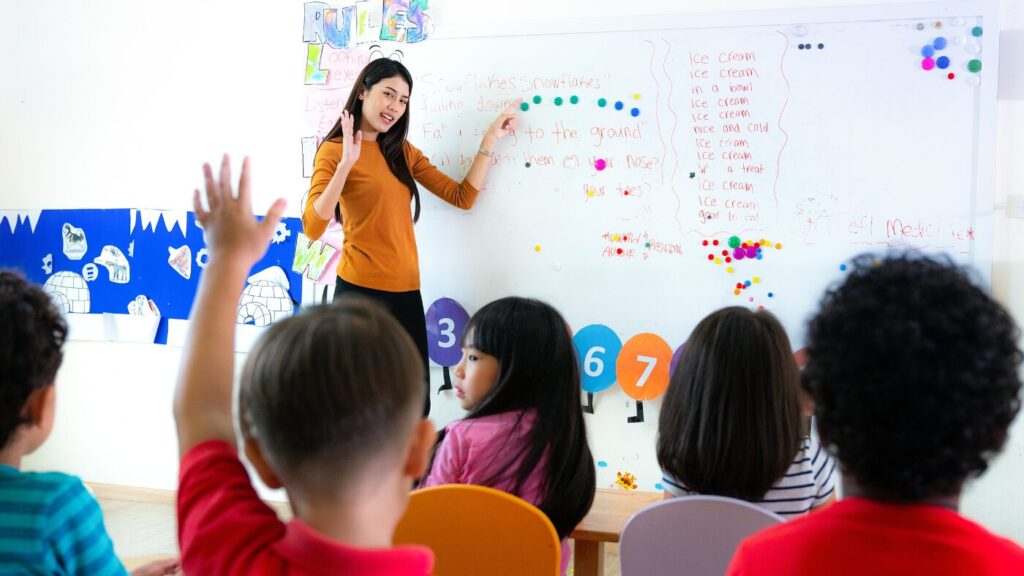
The key is what language your child is educated in.
Megumi: In central Tokyo, you have plenty of choices, but I imagine a key decision point is whether to have your child study in Japanese or English at the elementary school level.
Kumiko: Exactly. This is a challenge not just for international couples but also for Japanese couples. In places like Setagaya, you can choose between public, private, and national schools, as well as international ones. Of course, the cost is a factor, but the options are plentiful.
Megumi: In international marriages, there’s often the consideration of moving to the spouse’s country at some point. So, deciding which language to prioritize can be tough.
Kumiko: Yes, we really struggled with that. My husband went to both Japanese public school and American school, so he has experience with both systems. But I’ve only attended Japanese schools, so I didn’t really know what international schools are like. When I asked my husband, he emphasized that we should provide our daughter with the education that best fits her needs. Since we’re more likely to stay in Japan, we decided that receiving a Japanese education was the best choice.
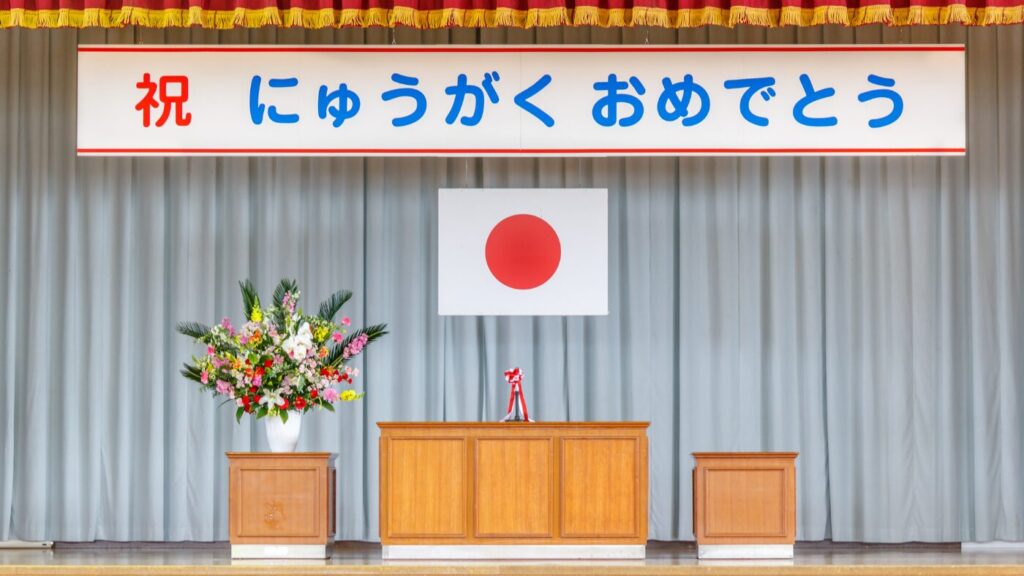
Kumiko: Still, we can’t just disregard English, so we started exploring private schools that specialize in English. We attended entrance briefings and open houses, and while we found a school we liked, there were challenges like distance and cost. We’re still debating what to do about that.
Megumi: So, you considered private schools that are Japanese-based but emphasize English? And International schools too?
Kumiko: Yes, but we ruled out international schools because of the cost. For example, the international school we were considering had annual tuition of around 3 million yen (about $27,000). And that amount increases as the child progresses through the grades. Once you start with international school, you can’t really go back to the Japanese system for middle school, which adds a lot of pressure.
After Considering All Options
Megumi: I see. So, you’ve looked into all the options.
Kumiko: Yes, we’ve examined everything. Ultimately, we decided not to send her to an English daycare or school, but we chose Ouchi Eigo. I think a lot of people assume that in an international marriage, the household is fully in English and that the children naturally become bilingual. But in our case, it wasn’t like that.
Megumi: Because your husband is half-Japanese and your family uses Japanese frequently?
Kumiko: Exactly. We use Japanese a lot at home, and there was even a period where we were overly focused on English. But after considering the financial cost and the time we could realistically invest, we came to realize that Ouchi Eigo was the best fit for us.That’s when I discovered your’s blog Ouchieigoen(おうちえいご園)!!
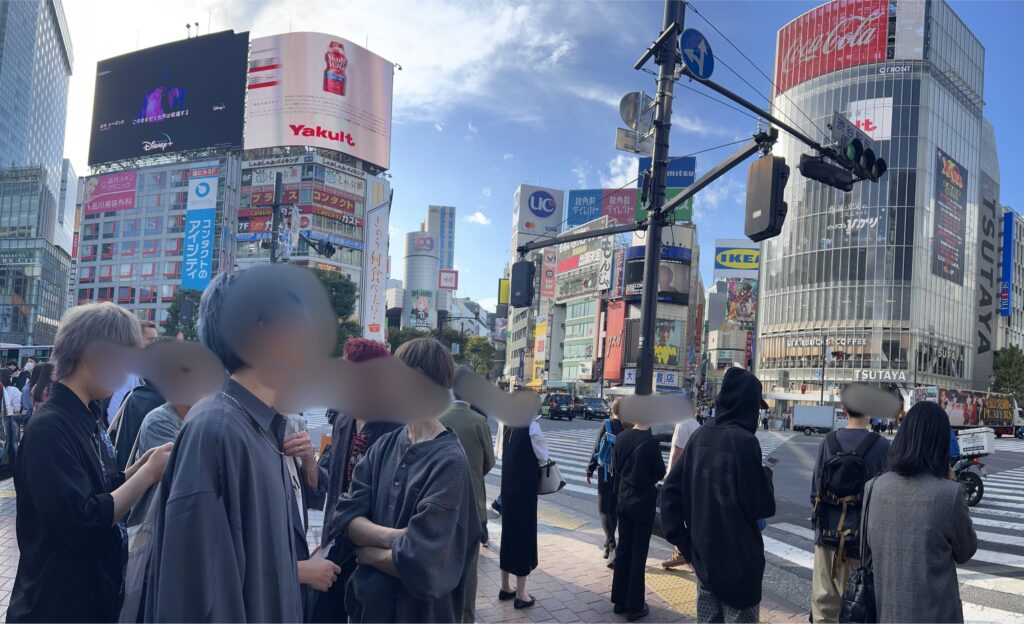
Why Ouchi-eigo??
Megumi: Why did you ultimately choose Ouchi Eigo?
Kumiko: During the time I was speaking English to my daughter all the time, I wasn’t happy at all. I had this sense of panic, thinking I had to make her bilingual because of my international marriage. But I’m a native Japanese speaker, born and raised here in Japan. I found it really sad that I couldn’t use my own language—my mother tongue—when raising my child. The words that come from the heart, the things I wanted to express to my daughter, I wanted to say in my own language.
Megumi: So you wanted to raise your daughter using Japanese as your main language while still fostering her bilingual abilities?
Kumiko: Exactly. But still find a way to maintain a bilingual approach. At one point, we considered enrolling her in an international school or preschool, but I worried about what would happen once that environment was gone. How could we continue her bilingual education sustainably? That’s when Ouchi Eigo seemed like the best solution.
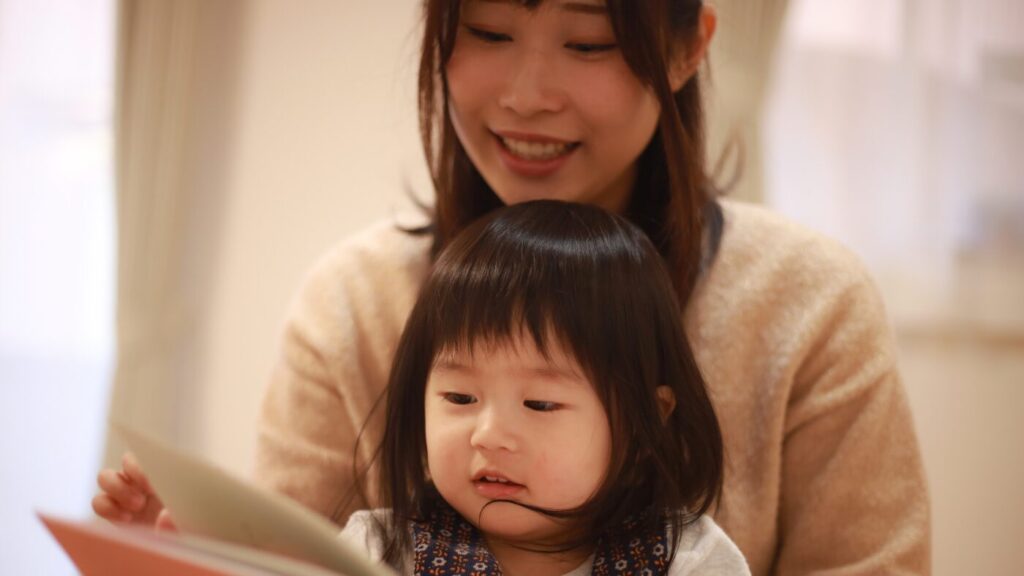
Discovering Ouchi-Eigo
Megumi: And you found Ouchi Eigo after seeing my blog?
Kumiko: Yes, your blog gave me confidence. If Japanese families can do it, so can we. I thought, “Let’s give it a try with my husband’s help.” But things didn’t always go as planned, and I felt confused and anxious. That’s when I decided I needed to study Ouchi Eigo properly, and that led me to the Reading Aloud Association(Ondoku Kyokai) . However, what was really eye-opening was realizing that I had been so focused on making my daughter bilingual that I wasn’t paying enough attention to her Japanese.
Megumi: So, the representative of Ondoku Kyokai (Ai Honzawa) emphasized the importance of Japanese.
Kumiko: Yes, that’s right. The representative said, “The most important language is your child’s mother tongue—Japanese.” Even though my daughter is half-American, she was born and raised in Japan. She’s Japanese, with a Japanese mother, and Japanese will be the language she uses to communicate, not just with family, but in her education and life in general. It was a big realization for me, that Japanese isn’t just for communication, but for learning and thinking, and for building her future. I reflected a lot on those early days when I was so focused on speaking English to her, and I realized I hadn’t quite gotten it right. That’s when I settled into our current form of Ouchi Eigo.
Megumi: Yes, if you’re living in Japan, you really need Japanese to navigate daily life, like reading official documents. School education, too—whether it’s math, science, or social studies, all of it is based on Japanese language skills.Even for me, as a Japanese mother who has a Japanese husband, it was a revelation. I’d taken the importance of Japanese for granted because it’s just so natural to me. But after joining the Ondoku Kyokai, it really started to sink in. (Japanese is a really hard language…)
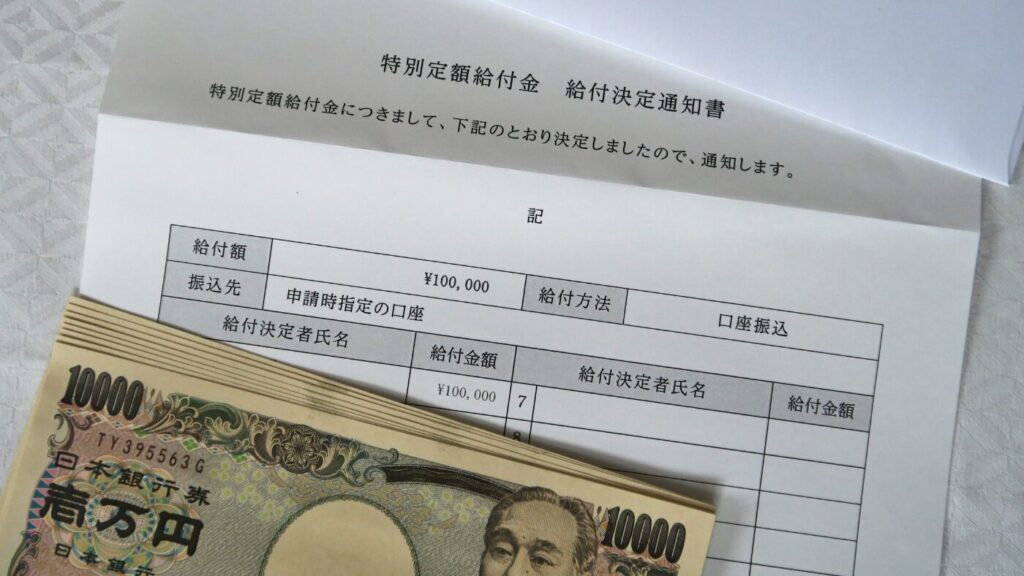
“If the father is a native speaker, is Ouchi Eigo easy?”
Megumi: Since your husband is a native English speaker, I imagine some people might think that Ouchi Eigo would be easy for your family. They might think, “Of course it’s easy for them, since her dad’s a native speaker.” What’s your take on that?
Kumiko: Well, having a native English speaker at home does have its advantages, but especially when our daughter was a baby, I was basically doing everything by myself. My husband only had time with her on weekends. Also, in our case, my husband speaks Japanese, and he prefers to speak in Japanese most of the time. He’s not at home as an English teacher—he’s at home as a father, spending time with his daughter. So, I didn’t want to create this stressful atmosphere where he felt like he had to speak only in English. Honestly, we probably use Japanese more than people imagine. Our environment wasn’t one where she was constantly surrounded by English. I think our home environment wasn’t that different from other Japanese families doing strong Ouchi Eigo.
Megumi: So, even in international marriages where the father is a native English speaker, it’s not as simple as people assume?
Kumiko: Yes, particularly during the first few years when the child’s world is limited to the home. If both parents only speak English, the child might naturally pick it up. But as soon as they’re exposed to the outside world—going to daycare or kindergarten—the balance shifts, and they quickly acquire Japanese. Once they enter elementary school, it’s basically all Japanese. When they come home, they have homework in Japanese, and they practice reading aloud in Japanese, so their Japanese proficiency increases, and it becomes harder to maintain the balance with English.
Megumi: The challenge becomes maintaining that bilingual balance as they grow older.
Kumiko: Exactly. As the child becomes more socially engaged with their friends and peers, Japanese becomes the dominant language. So, having a native English-speaking father doesn’t automatically result in a bilingual child.
Advice for international marriage couples in Japan
Megumi: Do you have any advice for couples who are in international marriages and are raising or planning to raise a child in Tokyo?
Kumiko: I think a lot of parents in international marriages feel pressure to raise their child to speak both Japanese and another language. There will likely be a period where you feel stressed or uncertain, but what’s most important is your happiness and your child’s happiness. If you find that a certain method isn’t making you happy, it might be time to try something different. International schools can be appealing, but people sometimes forget that they aren’t just places to learn English—they’re institutions where children receive their entire education. If your goal is only for your child to learn English, there are other ways to achieve that. For us, Ouchi Eigo worked because it allows us to maintain both languages while living in Japan.
Megumi: That’s a great point.
Kumiko: Yes. I think it’s incredibly fortunate that we live in Japan and can provide our daughter with a solid Japanese foundation. My husband’s family lives in the U.S., and I see how difficult it is for families living there to maintain Japanese at home. But here in Japan, English materials and resources are easily accessible. It may not be easy, but compared to raising children in the U.S., we definitely have more options. So, I’d say, first make sure both you and your child are happy, and think about what language is truly necessary for your child. That can help guide your decisions about raising a bilingual child.
Strengthening that language plays a big role in shaping their identity. I think it’s also really important to focus on that.
More about Kumiko
Megumi Tsuji: Thank you so much for sharing such valuable insights, Kumiko.
For anyone out there wondering about bilingual parenting or who is navigating the challenges of raising a child in an international marriage, I highly recommend checking out Kumiko Grob’s broadcast. You can always reach her online on instagram below.
If you live in the Setagaya area, Kumiko also runs a storytime club, so definitely check that out as well. Thank you again for joining us today, and thank you to everyone for listening. You can find the link to Kumiko’s social media!
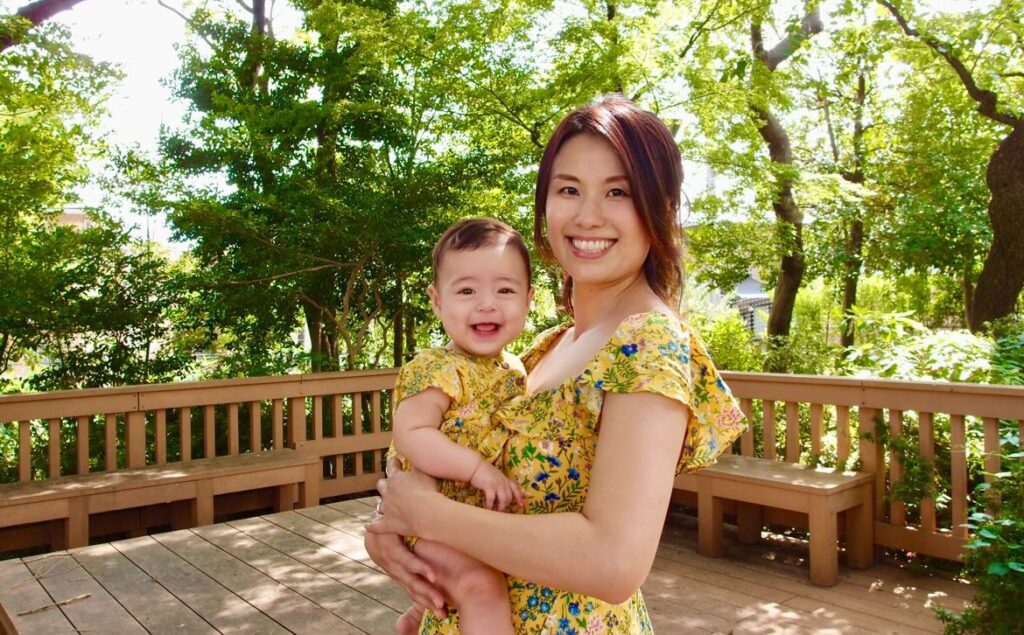
Kumiko Grob / Setagaya, Tokyo
Fluent in both Japanese and English
Instagram : https://www.instagram.com/michan.eigo
Blog: https://note.com/note_93
